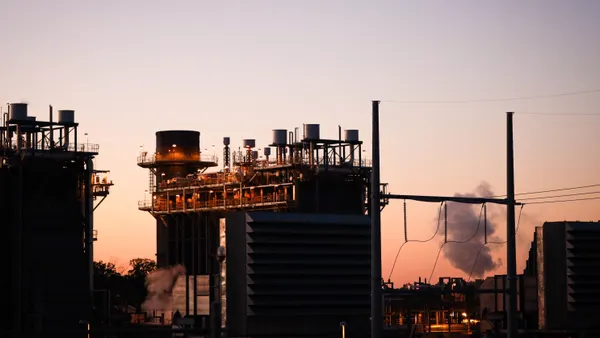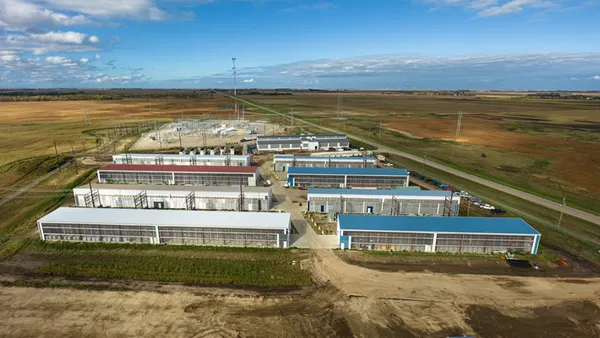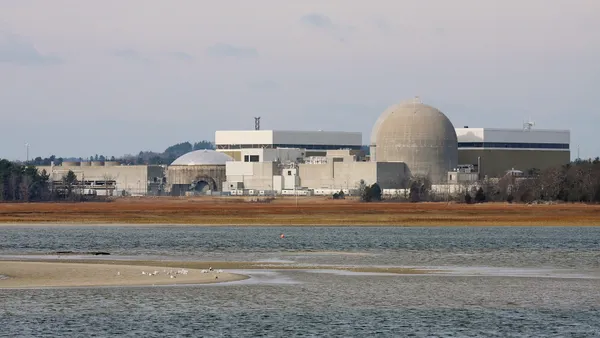Dive Brief:
- Arizona voters will consider a 50% renewable energy standard when they head to the polls in November following a decision from the state's Supreme Court last week.
- Clean Energy for a Healthy Arizona (CEHA) submitted 480,000 signatures in support of the ballot initiative, far more than the required 225,000 signatures. A utility-backed group opposing the effort challenged the validity of the signatures, but lost in both Maricopa County Superior Court and the state's highest court last week.
- The group opposed to the ballot initiative, Arizonans for Affordable Energy (AAE), is supported by the state's largest utility, Arizona Public Service. Officials say they will now shift focus away from challenging the initiative to swaying customers to vote "no" on Proposition 127.
Dive Insight:
The Arizona Supreme Court's rejection was likely the final challenge to the renewables initiative appearing on the ballot, but opponents have no intention of giving up.
"Our focus now shifts to ensuring every Arizona family, senior, small-business owner and ratepayer knows Prop 127 will increase their electricity bills," AAE spokesman Matthew Benson told the Arizona Republic.
The ballot initiative is supported by billionaire activist Tom Steyer, whose organization has spent more than $4 million to push the issue.
Opponents of the initiative are well-funded as well. Arizona Public Service, which supports AAE, has spent nearly $11 million on a mix of tactics that include robocalls and paying petition collectors for the clean energy initiative to stop signing up voters.
The utility says the 50% renewables mandate would push up electricity prices in Arizona and could lead to the retirement of its Palo Verde nuclear plant. However, analysis completed over the summer by ICF for the Natural Resources Defense Council concluded the plant would not be forced to close should the state enact a 50% renewable portfolio standard.
CEHA celebrated the state Supreme Court's decision to reject the utility challenge, calling it "the final nail in the coffin of APS's failed strategy," and adding that the utility "wasted over $11 million of their customers' money trying to prevent a ballot initiative that will lower energy costs."













